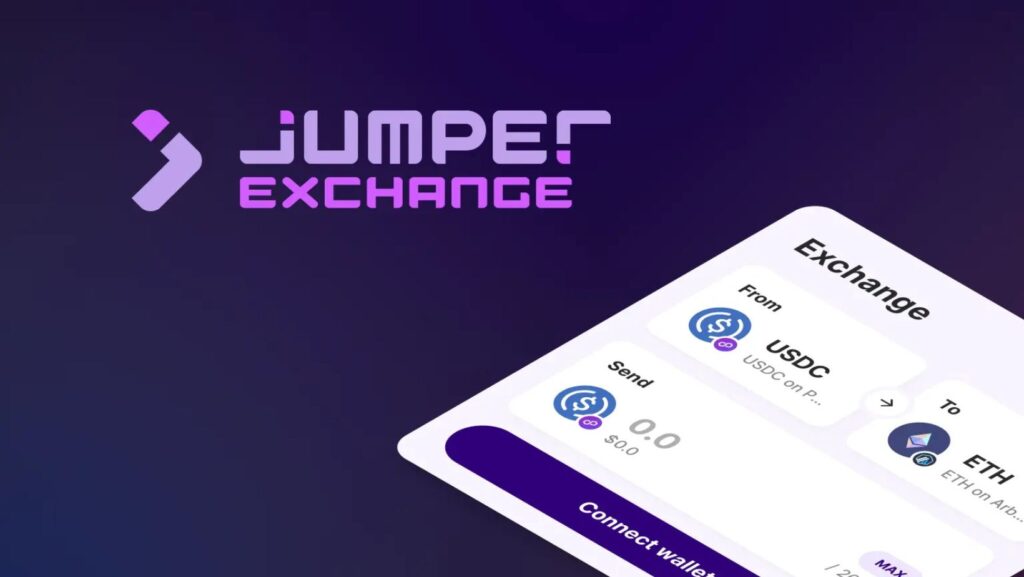Blockchain technology is revolutionizing various industries, and sports gaming is no exception. From fantasy sports to real-money betting, blockchain makes these experiences more transparent, secure, and accessible. If you’re into casual gaming or are a sports enthusiast looking to explore the next evolution of gaming, this guide will introduce you to blockchain sports games, their benefits, and how to get started.
What Are Blockchain Sports Games?
Blockchain games are digital platforms that use blockchain technology to enhance the security and fairness of a game. These games can include various formats, such as sports simulations, fantasy sports, and sports betting platforms. The main difference from traditional sports games is the use of blockchain, which ensures transparency and allows for digital ownership of assets.
In many blockchain-based sports games, players have the opportunity to earn rewards in cryptocurrencies or trade in-game assets as NFTs. James Briscoe from Card Player says that cryptocurrency payments allowed on several online sports betting platforms come with several benefits, including faster transaction speeds and enhanced security and privacy. These advantages make crypto a popular choice for players looking for a secure way to engage in online sports betting.
How Blockchain Enhances Sports Games
Blockchain-based sports games have several benefits, including the following:
Transparency and Fair Play
Since blockchain technology is decentralized, every transaction and in-game action is recorded on a public ledger that can be verified by anyone. Due to the decentralized nature, players cannot cheat, and blockchain-based platforms cannot rig or manipulate outcomes.
Ownership of Digital Assets
Unlike traditional sports games, which do not grant ownership of in-game assets, blockchain technology allows players to buy, sell or trade their NFTs representing in-game items, teams, or even entire franchises within the game.
Secure and Fast Payments
Since these games use cryptocurrencies for transactions, players can deposit and withdraw funds without relying on banks or other third-party intermediaries. Transactions are often instant, more affordable, and have reduced waiting times compared to traditional payment methods.
Provably Fair Betting and Fantasy Leagues
Blockchain technology allows for smart contracts, self-executing contracts with terms written into code. These ensure that fantasy league results, payouts, and betting odds are calculated fairly and automatically, without manipulation from operators.
Types of Blockchain Sports Games
Fantasy Sports on Blockchain
Blockchain-based fantasy sports platforms allow users to build teams and compete for rewards, just like traditional fantasy leagues. However, with blockchain, player cards and assets are tokenized as NFTs, giving users actual ownership. Examples include:
- Sorare: A popular blockchain fantasy football (soccer) platform where users buy, trade, and play with officially licensed digital cards.
- NFL Rivals: A blockchain-powered American football game offering digital player cards that can be traded and used in competitions.
Play-to-Earn (P2E) Sports Games
P2E games reward players with cryptocurrency or NFTs for participating. Players can earn rewards through skill-based gameplay, challenges, or simply engaging with the platform. Examples include:
- ZED RUN: A virtual horse racing game where players breed, buy, and race digital horses, each represented as an NFT.
- REVV Racing: A blockchain-powered motorsport game that allows players to earn crypto by winning races.
Sports Betting on Blockchain
Blockchain-based sportsbooks and prediction markets provide transparent and secure betting experiences. These platforms use smart contracts to ensure fair payouts and minimize fraud. Some notable examples:
- Augur: A decentralized prediction market where users can bet on real-world sports events.
- BetDEX: A decentralized sports betting exchange built on the Solana blockchain.
How to Get Started with Blockchain Sports Games
Step 1: Choose a Game or Platform
Decide which blockchain-based sports game interests you most—fantasy sports, play-to-earn games, or sports betting. Research platforms based on their user base, reputation, and supported cryptocurrencies.
Step 2: Set Up a Crypto Wallet
To participate in blockchain sports games, you’ll need a cryptocurrency wallet. You can choose from the ones currently at the top of the pick list:
- MetaMask (Ethereum-based games)
- Trust Wallet (multi-chain support)
- Phantom (Solana-based games)
Ensure you secure your private keys, as losing access to your wallet means losing your assets.
Step 3: Acquire Cryptocurrency
Most blockchain sports games require cryptocurrency for transactions. Purchase crypto from a trusted exchange like Coinbase, Binance, or Kraken. Depending on the game, you may need Ethereum (ETH), Solana (SOL), or Polygon (MATIC).
Step 4: Connect Your Wallet to the Game
Once your wallet is set up and funded, connect it to your chosen game or platform. This allows you to buy in-game assets, place bets, or participate in play-to-earn mechanics.
Step 5: Start Playing and Earning
Engage with the game by building fantasy teams, trading NFTs, placing bets, or competing in events. Keep track of your earnings and transactions via blockchain explorers like Etherscan.
Risks and Challenges in Blockchain Sports Games
Cryptocurrencies have a volatile market. The prices fluctuate constantly, which can affect the value of in-game earnings and assets. Regulations regarding blockchain gaming and sports betting vary by country, which makes it hard to navigate lawfully.  Additionally, be aware of risks associated with hacks and scams, which are common in the crypto space. Always use trusted platforms and never share your private keys.
Additionally, be aware of risks associated with hacks and scams, which are common in the crypto space. Always use trusted platforms and never share your private keys.
Blockchain in Gaming in the Future
The future of blockchain sports gaming looks promising, with major sports leagues and brands getting involved. We can look forward to the greater adoption of NFTs in mainstream sports games. There may even be more partnerships between traditional gaming studios and blockchain platforms. Security and regulations could also be buffed up to protect players.
Conclusion
Blockchain sports games are changing how we engage with sports, offering transparency, true asset ownership, and play-to-earn opportunities. Whether you’re interested in fantasy leagues, virtual horse racing, or decentralized betting, blockchain provides an innovative way to participate in sports gaming. Just remember to do your research, secure your crypto wallet, and play responsibly.



